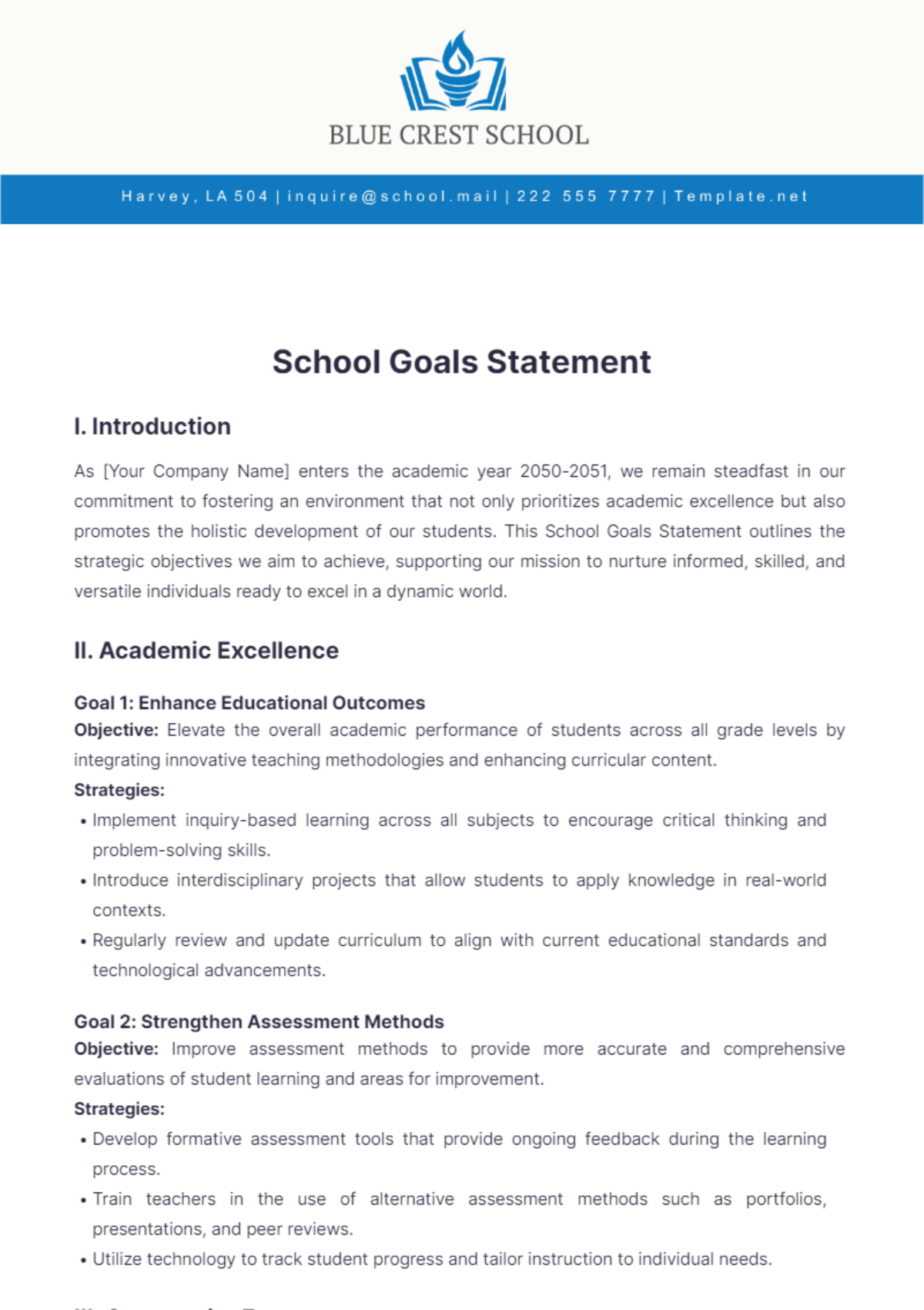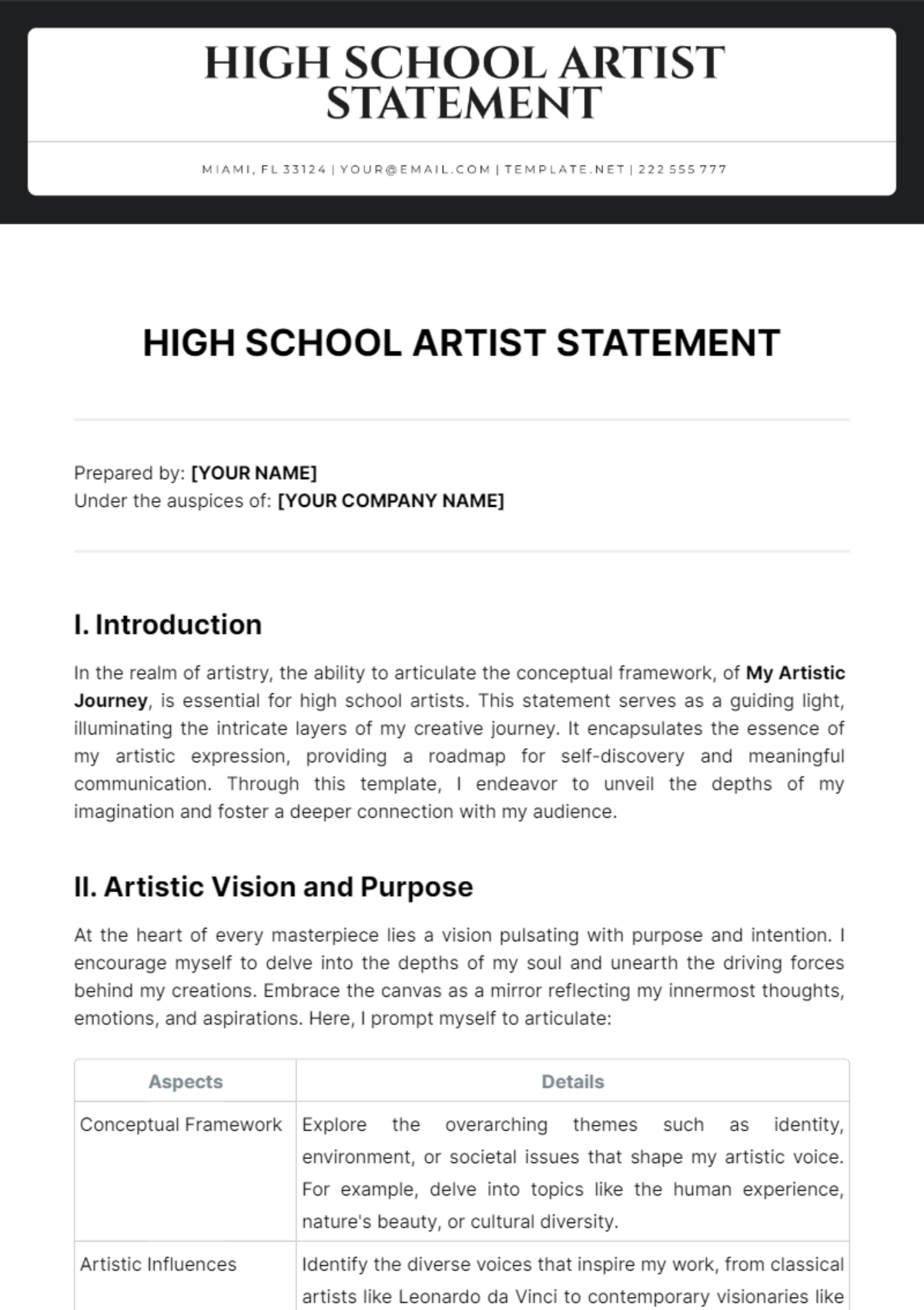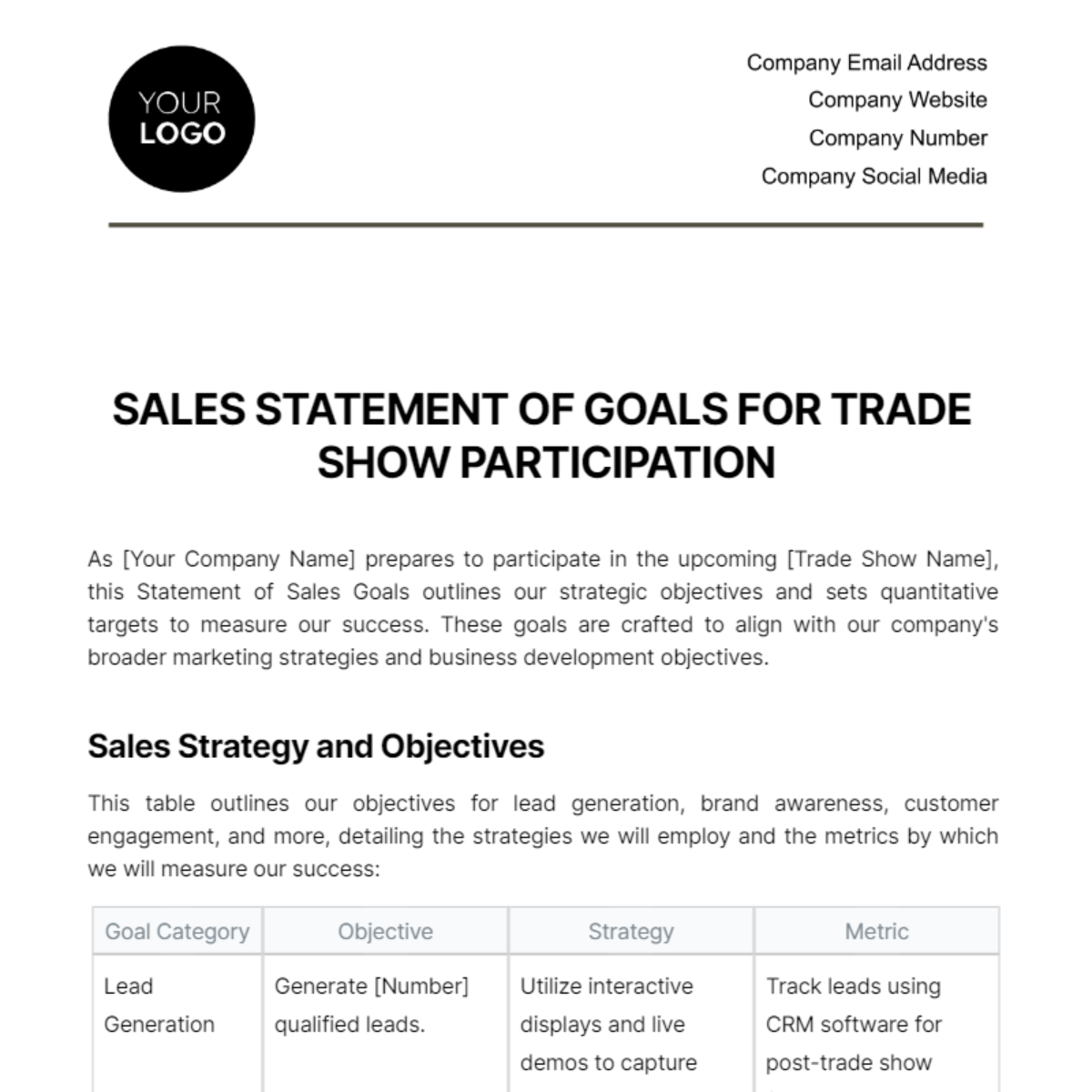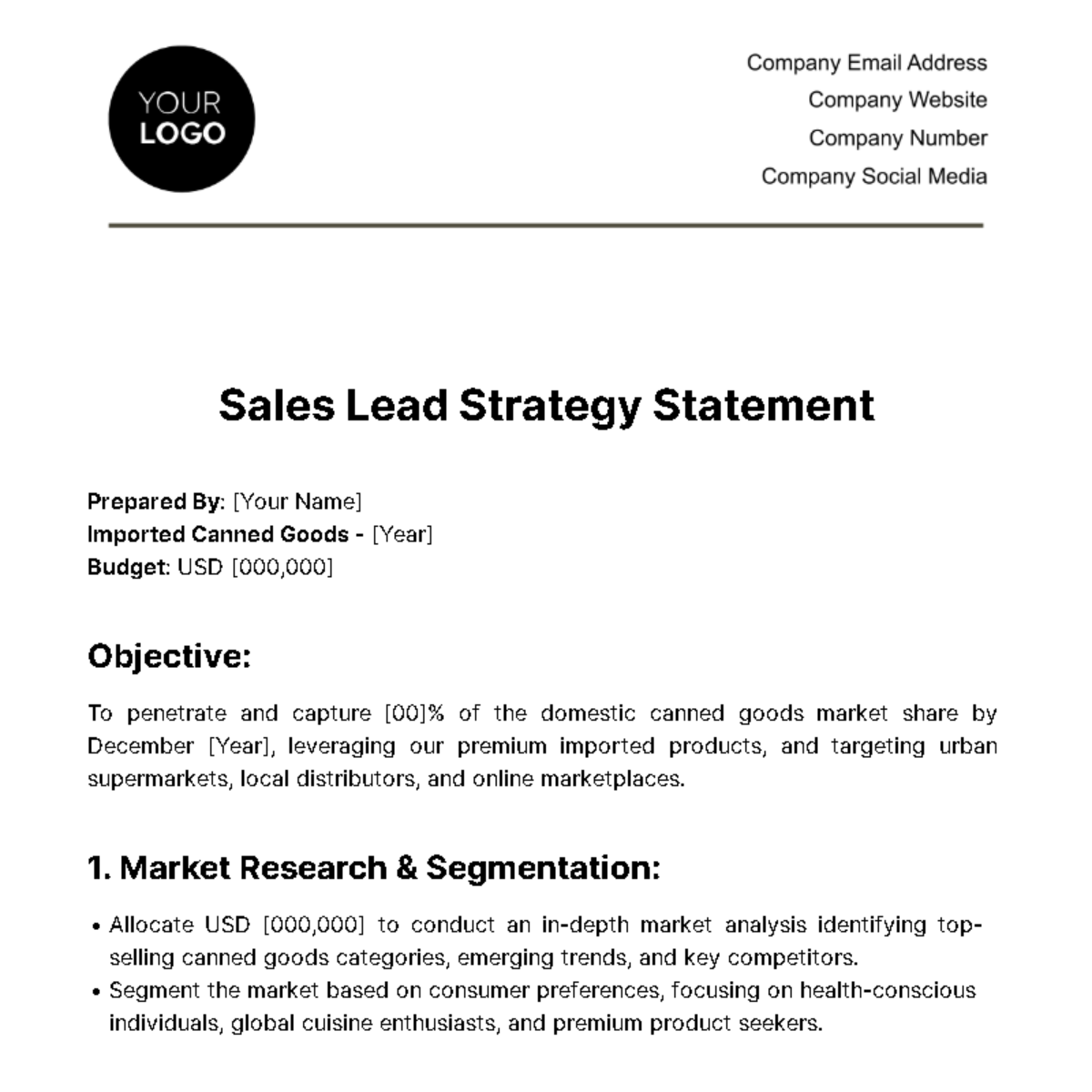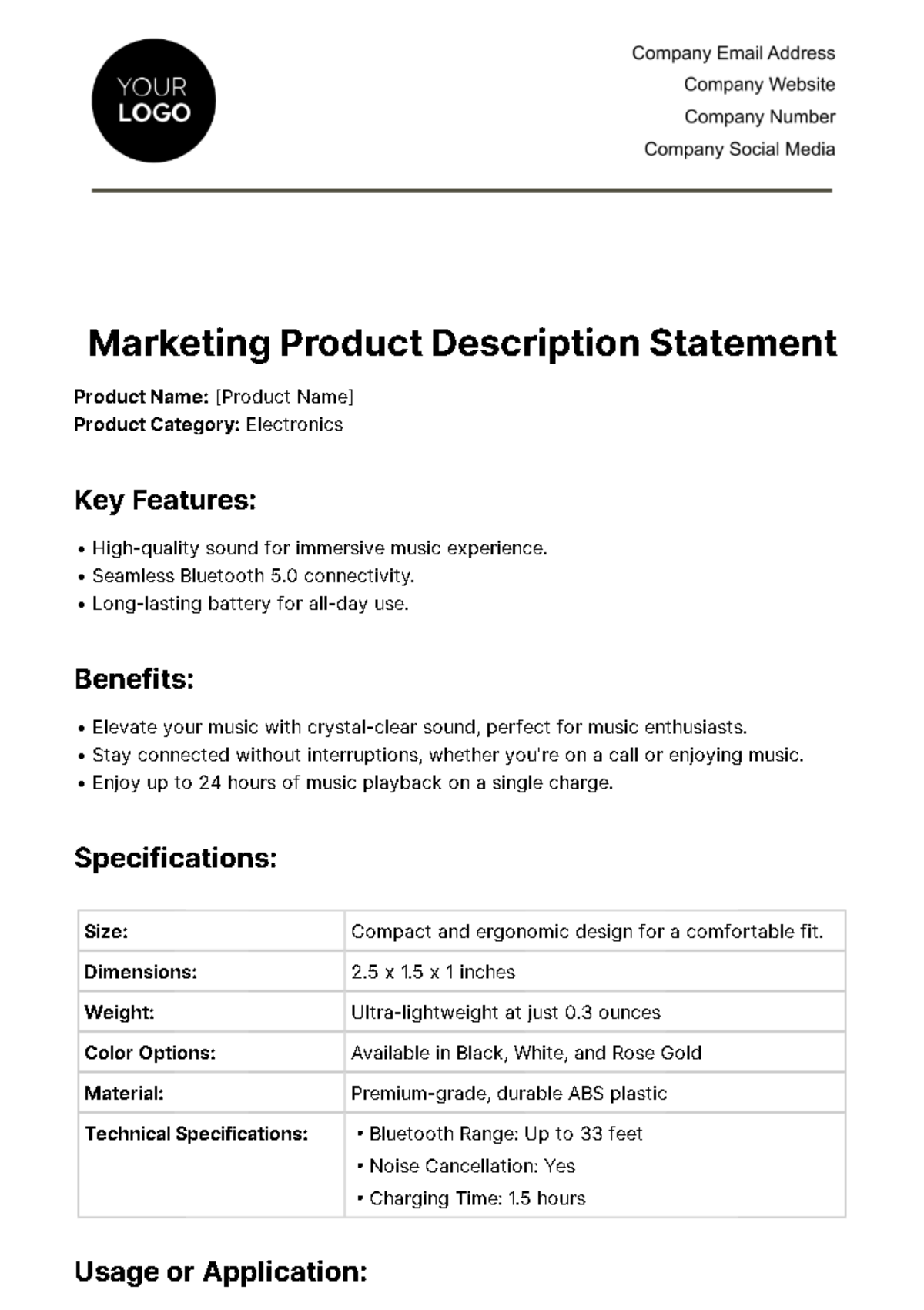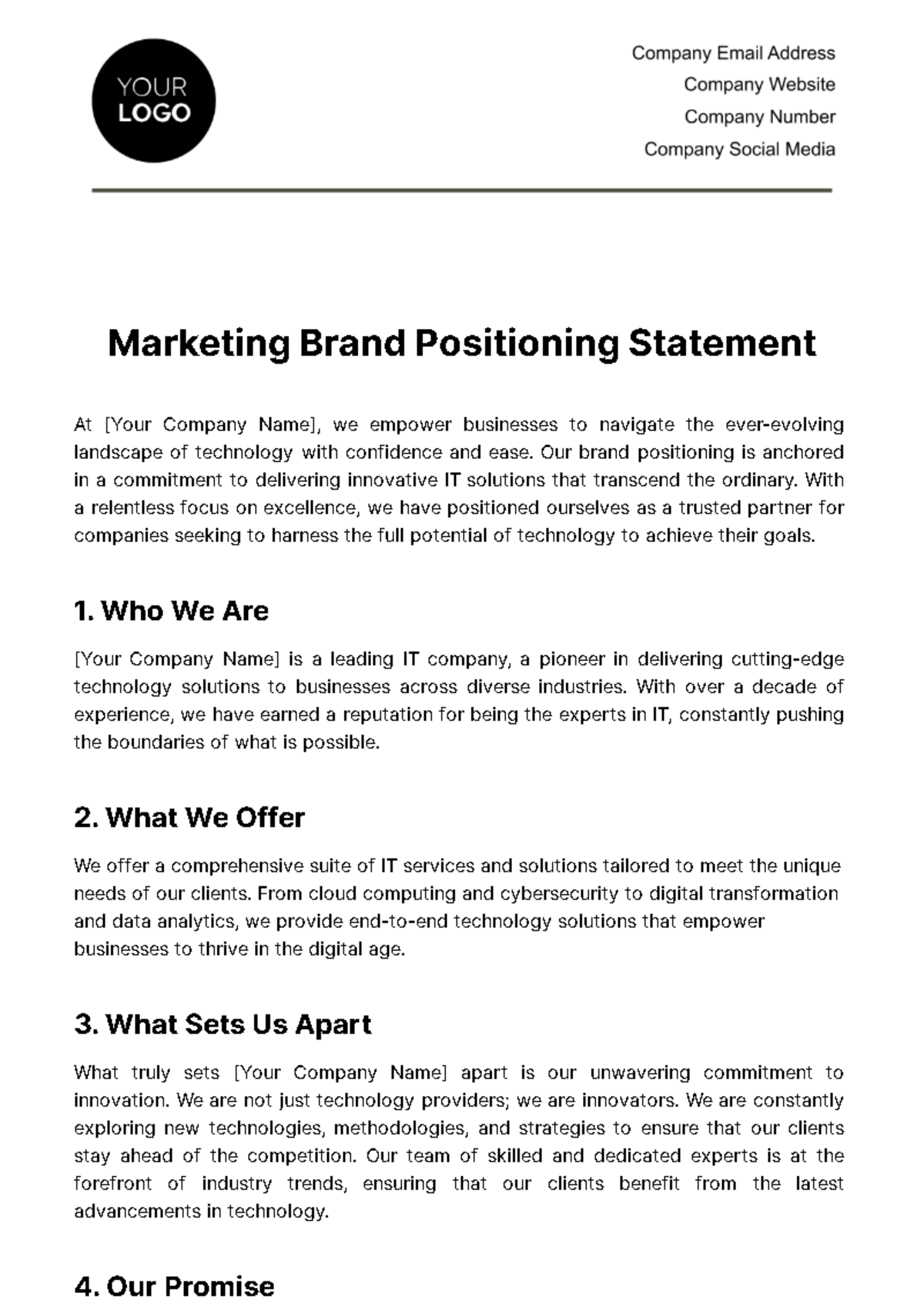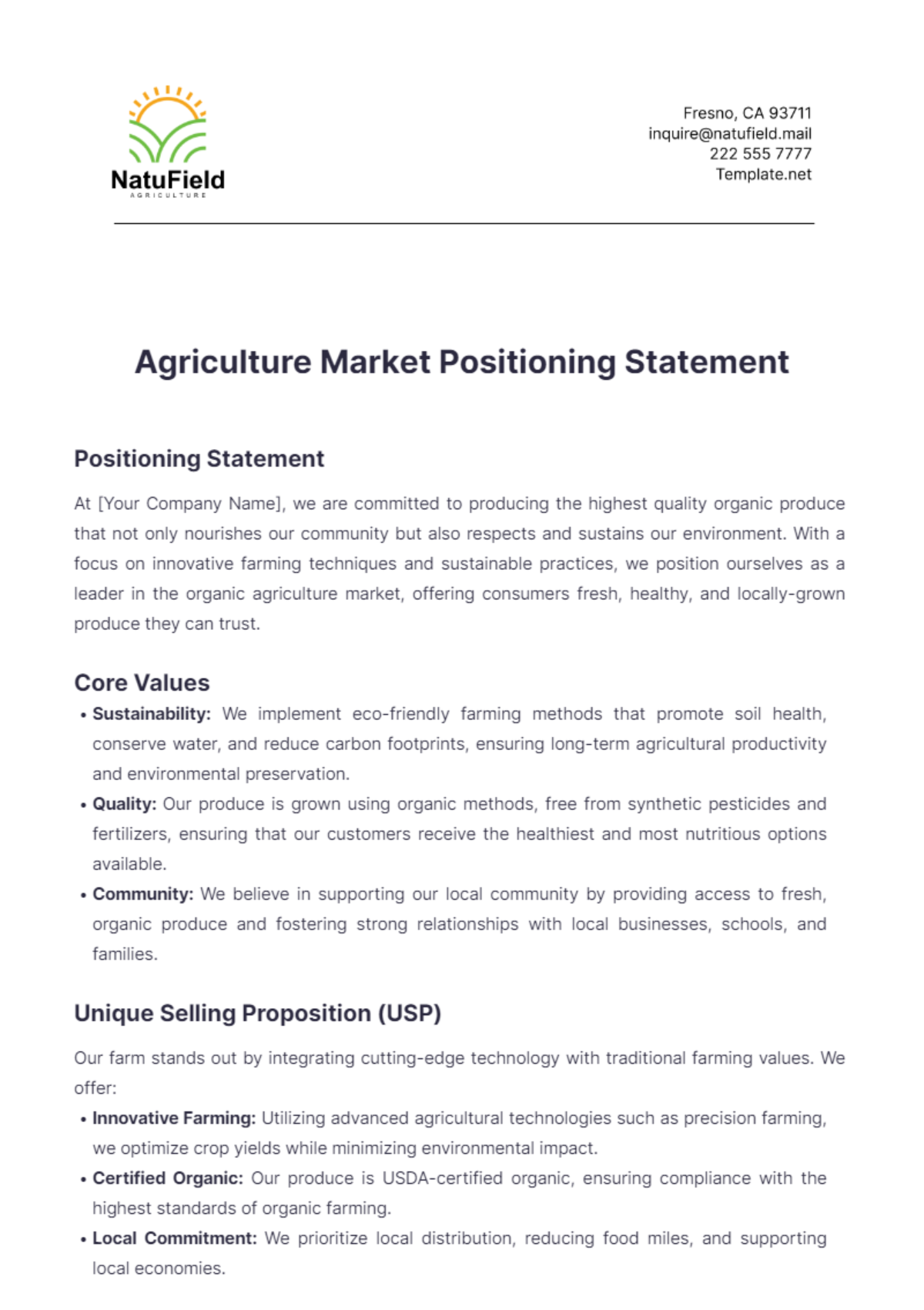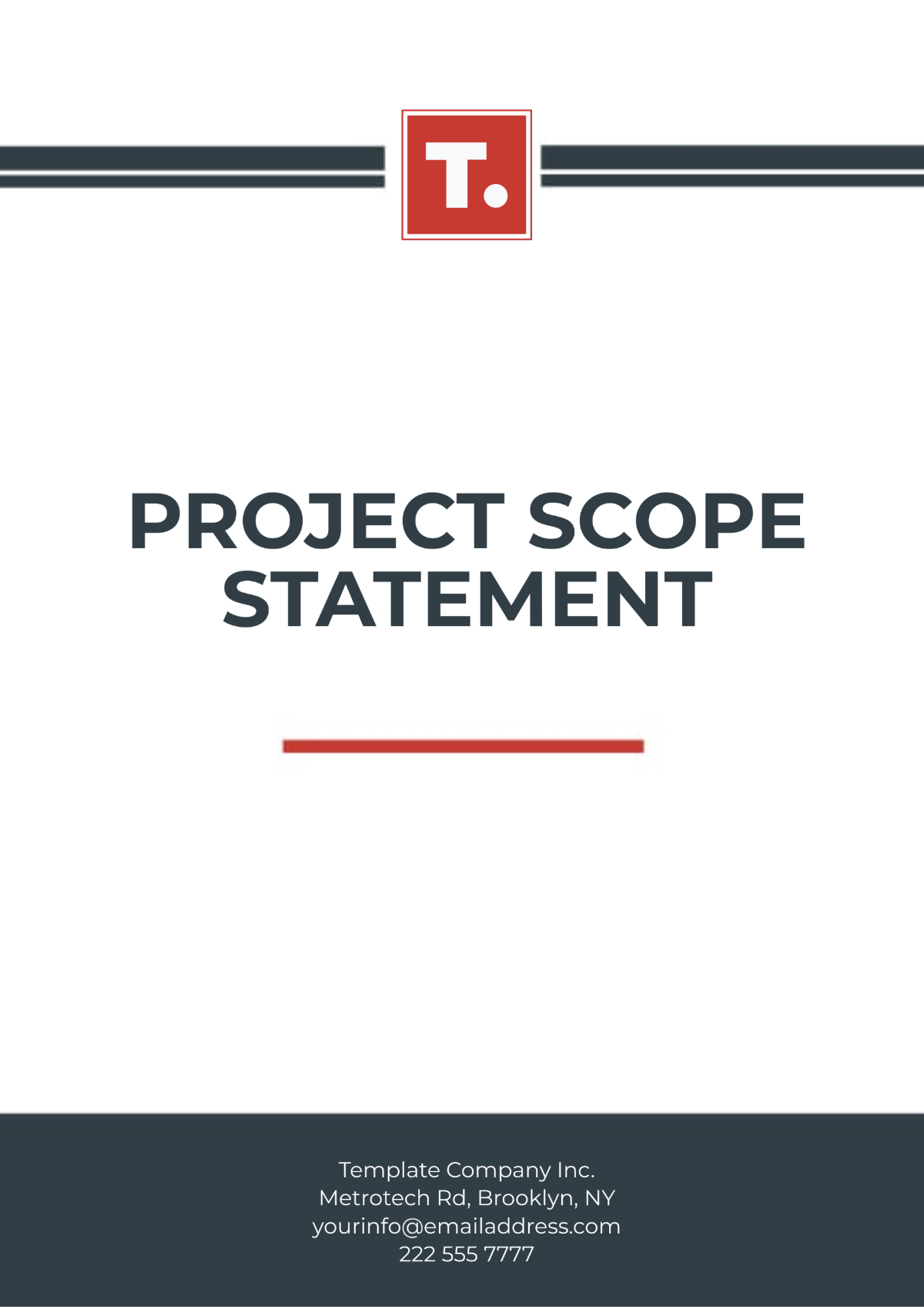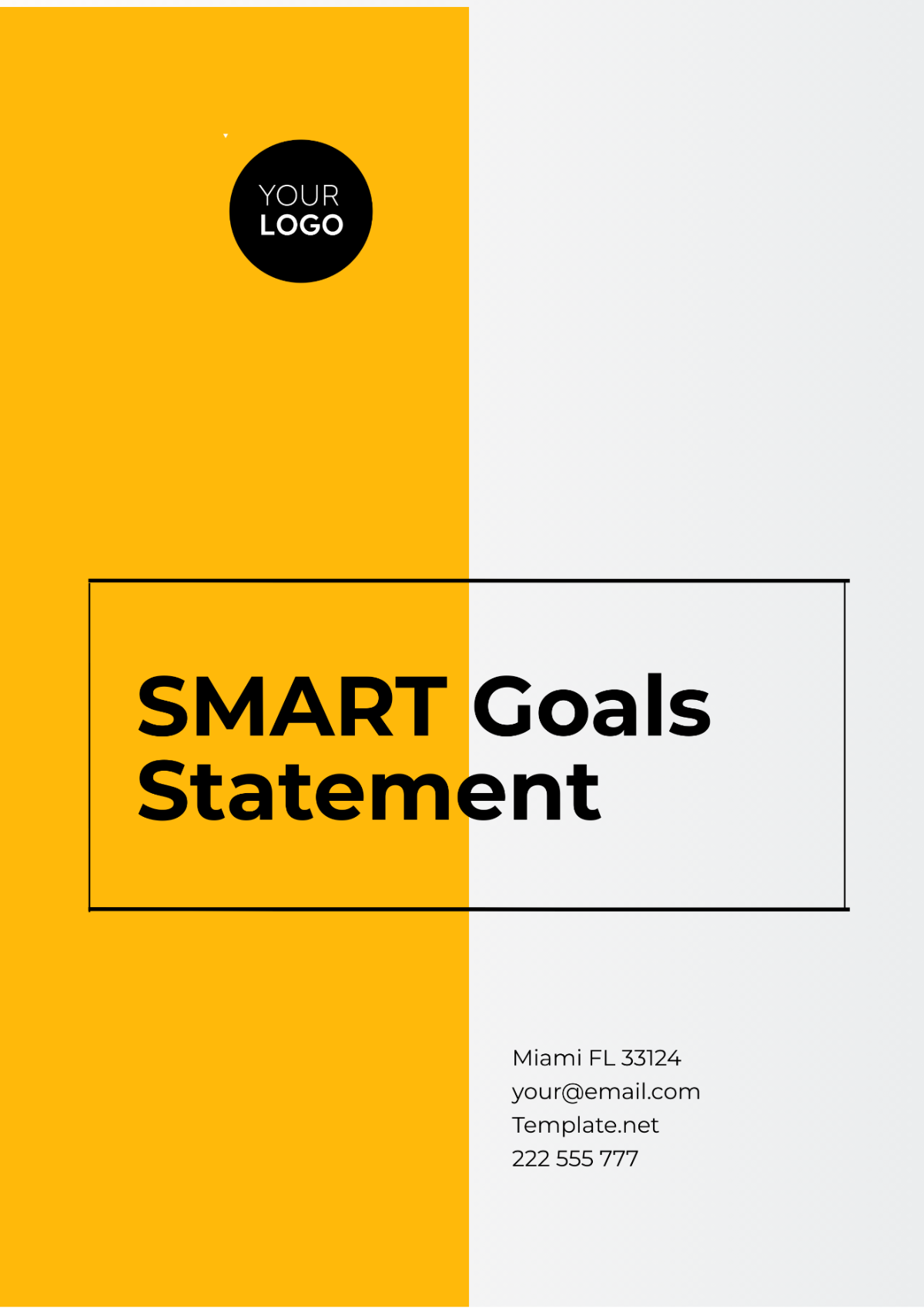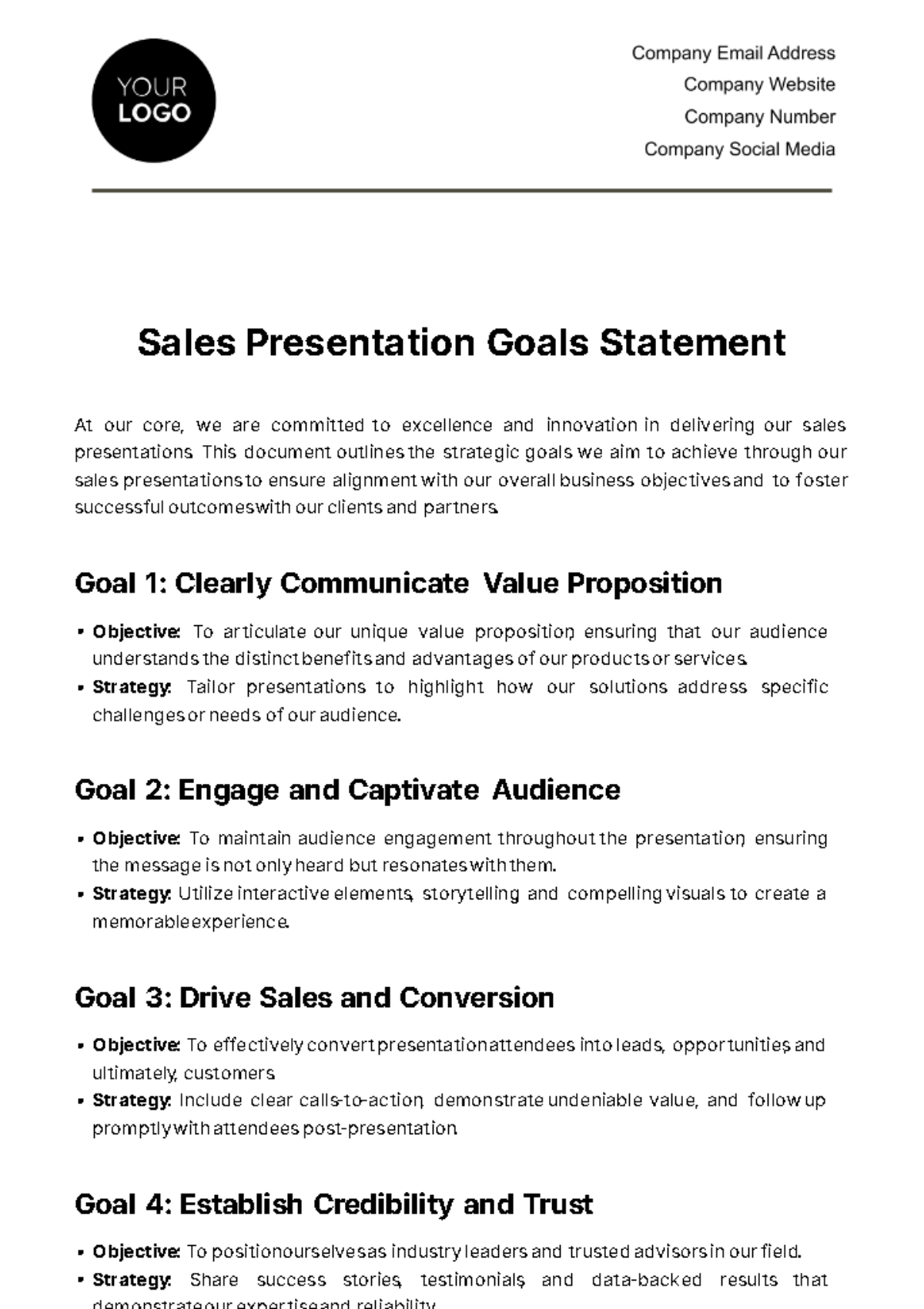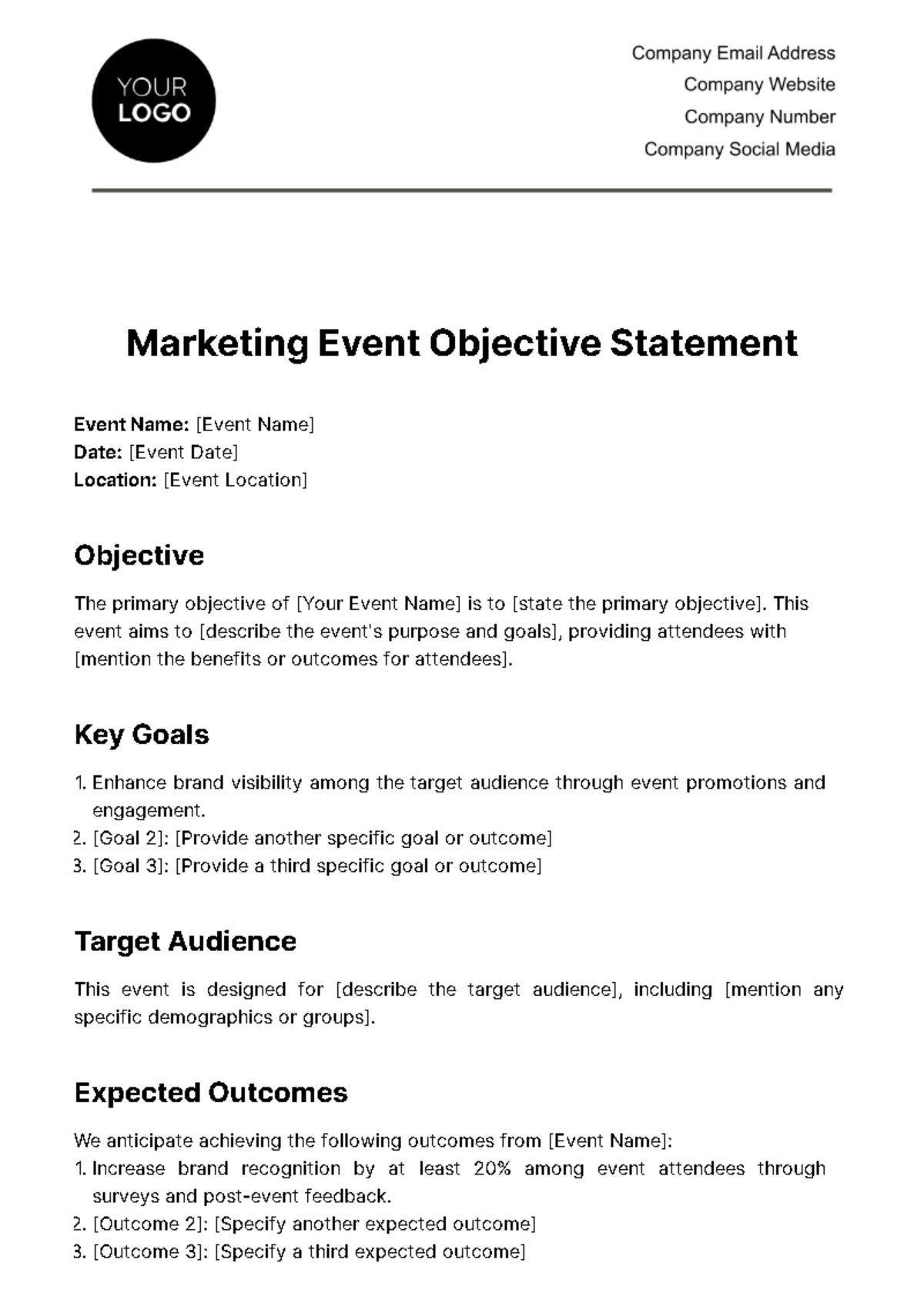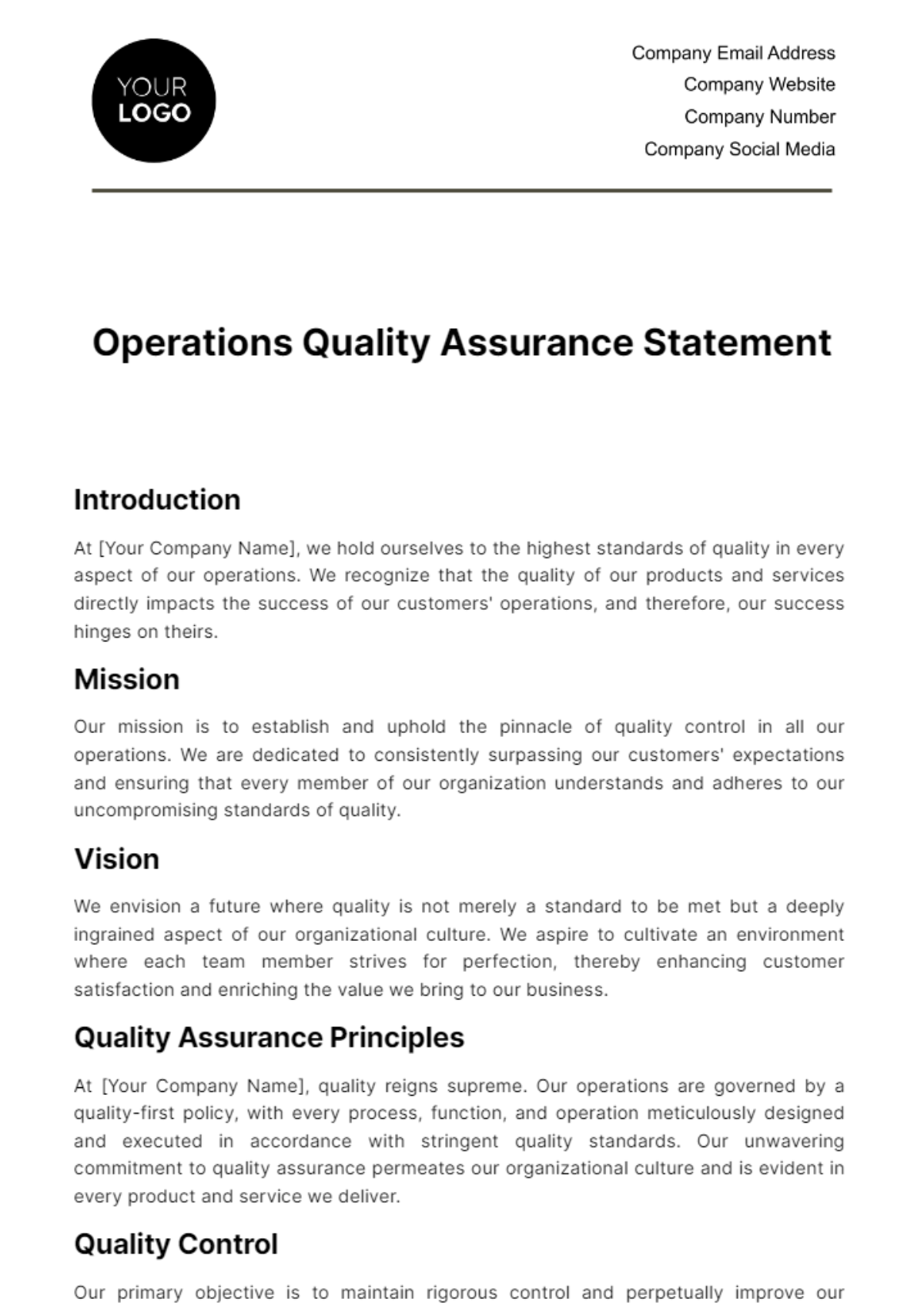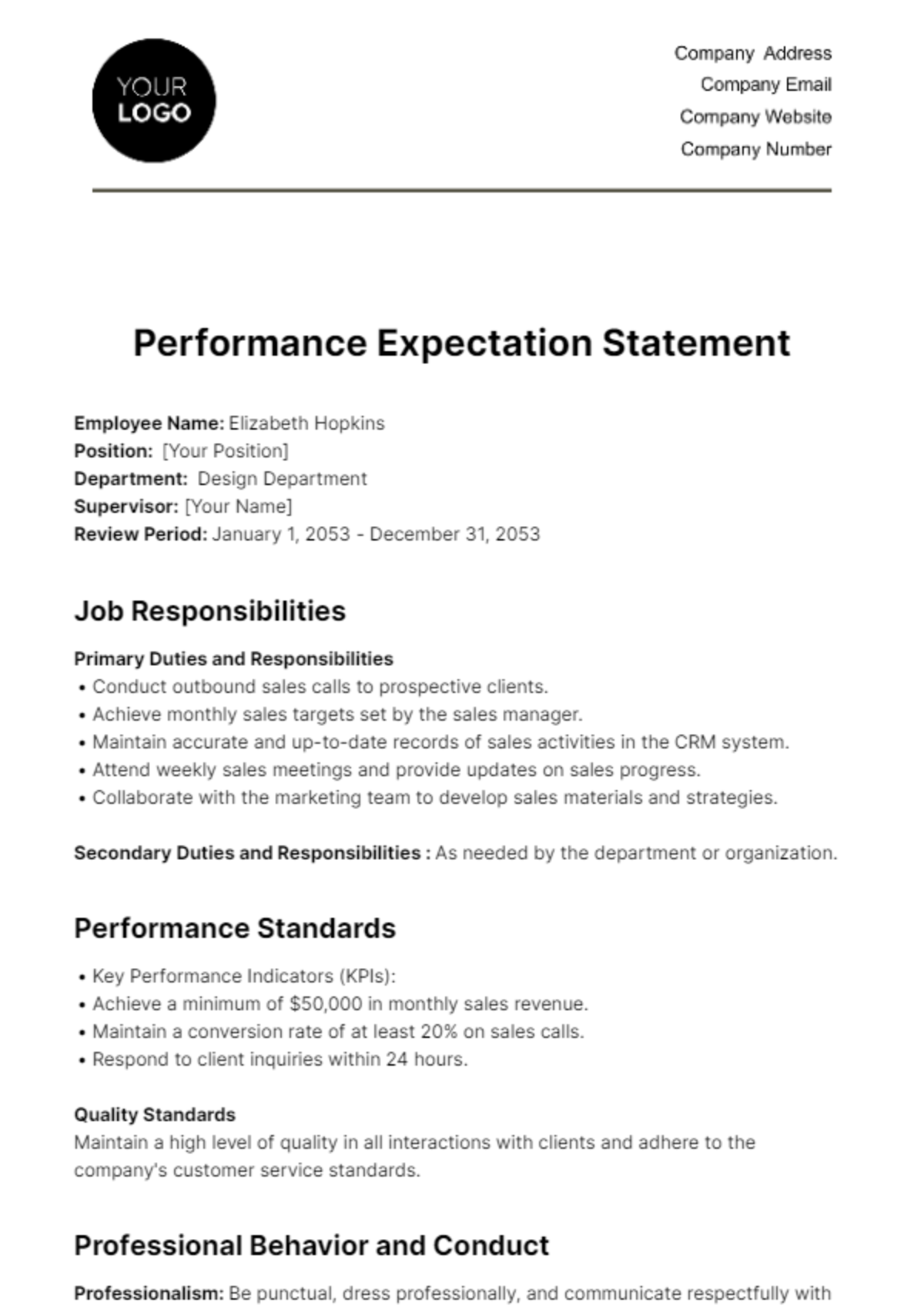Project Scope Statement
This Project Scope Statement provides a detailed outline of the project deliverables, objectives, and boundaries as defined by [YOUR COMPANY NAME]. Prepared by [YOUR NAME], this document serves as a fundamental guideline for project execution and control, ensuring alignment with business goals and stakeholder expectations.
I. Project Overview
Project Title: NextGen Customer Relationship Management (CRM) System
Objective: The aim of the NextGen CRM System project is to enhance our customer relationship management capabilities, improving both customer satisfaction and retention.
Key Business Area: Customer Service and Support
II. Project Justification
This project has been initiated in response to the need for a more efficient and technologically advanced system to manage customer interactions and data. It aligns with [YOUR COMPANY NAME] strategic goals, specifically our commitment to customer excellence and operational efficiency. It is expected to deliver substantial benefits including:
Improved Customer Interaction Tracking: Enabling more personalized service and better response times, leading to higher customer satisfaction rates.
Enhanced Data Management: Streamlined data management processes will ensure that customer information is up-to-date and easily accessible to all relevant departments, reducing errors and saving time.
Increased Operational Efficiency: By automating routine tasks, the system will reduce the workload on customer service staff, allowing them to focus on more complex inquiries and improving overall service levels.
Data-Driven Decision Making: With improved analytics and reporting features, the CRM system will provide valuable insights into customer behaviors and preferences, aiding strategic decision making.
III. Project Scope
A. Inclusions
The project will include the following deliverables:
Customizable Dashboard Interface: Aims to achieve streamlined access to real-time customer data and analytics, enhancing decision-making capabilities for customer service teams.
Integrated Communication Channels: Will focus on integrating various communication methods (email, chat, phone, social media) into the CRM system to enhance the efficiency and responsiveness of customer interactions.
Training and Support Modules: Development and implementation of comprehensive training programs for all users to ensure smooth transition and adoption of the new system. This will also include ongoing support and maintenance for the first year post-implementation.
Mobile Accessibility: Design and deployment of a mobile application version of the CRM to ensure accessibility for on-the-go staff, enhancing real-time data usage and customer interaction capabilities.
Data Security Enhancements: Implementation of advanced security protocols to protect sensitive customer information in compliance with global data protection regulations.
B. Exclusions
The following are explicitly out of the scope of this project:
Legacy System Data Migration: Not covered in the initial phase due to budget and time constraints. This task will be considered as a separate project phase after the successful implementation of the CRM system.
Third-party CRM Integrations: Will not be addressed in this project scope to maintain focus on core deliverables. Integrations with external services (except for the specified communication channels) will be explored in future updates or phases.
Hardware Upgrades: Purchasing or upgrading of hardware for supporting the new CRM system is not included in this project and will need to be addressed by the IT infrastructure team separately.
IV. Project Objectives
To successfully complete the NextGen Customer Relationship Management (CRM) System, the following objectives must be met:
Achieve Full System Implementation by Q4 2055: The CRM system should be fully operational, including all core functionalities such as the customizable dashboard, integrated communication channels, and mobile accessibility. This involves completing all stages of system development, testing, and deployment within the specified timeframe.
Enhance Customer Service and Support through Advanced CRM Tools: Utilize the new CRM system to improve customer interactions by implementing tools for better communication, data management, and issue resolution. Specific activities include the integration of real-time data analytics for customer service representatives and the use of AI for predictive customer service needs.
Ensure alignment with the IT Department to integrate Enhanced Data Security Measures: Work closely with the IT department to incorporate robust security protocols that protect sensitive customer data and comply with international data protection laws. This includes implementing end-to-end encryption, secure data storage solutions, and regular security audits.
Develop and Deliver Comprehensive Training Programs by Q2 2055: Coordinate with the Human Resources and Training departments to create and execute detailed training sessions for all CRM system users, ensuring that staff are fully prepared to utilize the new system effectively upon its launch.
Achieve a 20% Increase in Customer Satisfaction Rates within One Year of Implementation: Through the enhanced capabilities of the CRM system, aim to improve the quality of customer service, which is expected to lead to higher customer satisfaction and retention rates.
V. Project Milestones
Key milestones for the project include:
Project Kick-off Meeting: Expected by May 1, 2055. This milestone marks the official start of the project, involving all key stakeholders and project team members, where roles and responsibilities are clarified, and the project plan is reviewed.
Completion of System Design and Architecture: By August 15, 2055. This involves finalizing the system's design specifications, user interface, and underlying architecture, which are crucial for meeting the functionality and security requirements of the CRM.
Development Phase Completion: By March 30, 2055. This milestone marks the completion of the primary development efforts, including the integration of all communication channels and data management tools as planned.
VI. Project Budget
The total budget allocated for the NextGen Customer Relationship Management (CRM) System project is $750,000. The budget breakdown is presented in the table below:
Category | Allocation | Details of Spending |
|---|---|---|
System Development and Software Acquisition | $450,000 | Costs for software development, CRM software licenses, and third-party integration tools. |
Hardware and Infrastructure | $100,000 | New servers, hardware upgrades needed to support the CRM system, including backup systems and data storage. |
Training and Change Management | $75,000 | Developing and delivering training programs, change management activities to facilitate the CRM system adoption. |
Project Management and Administration | $50,000 | Salaries for the project management team, administrative support, and miscellaneous project management expenses. |
Testing and Quality Assurance | $50,000 | Extensive testing phases, including unit testing, integration testing, and security compliance checks. |
Post-Implementation Support and Maintenance | $25,000 | Initial support and maintenance post-deployment, troubleshooting, updates, and enhancements based on feedback. |
This budget structure ensures that all aspects of the CRM system project from development through to post-implementation are well funded and managed, facilitating a smooth transition and successful operational integration.
VII. Approvals
The project requires approvals from the following stakeholders:

[YOUR NAME]
Date: July 10, 2055

Jarrett Bailey
Date: July 10, 2055

